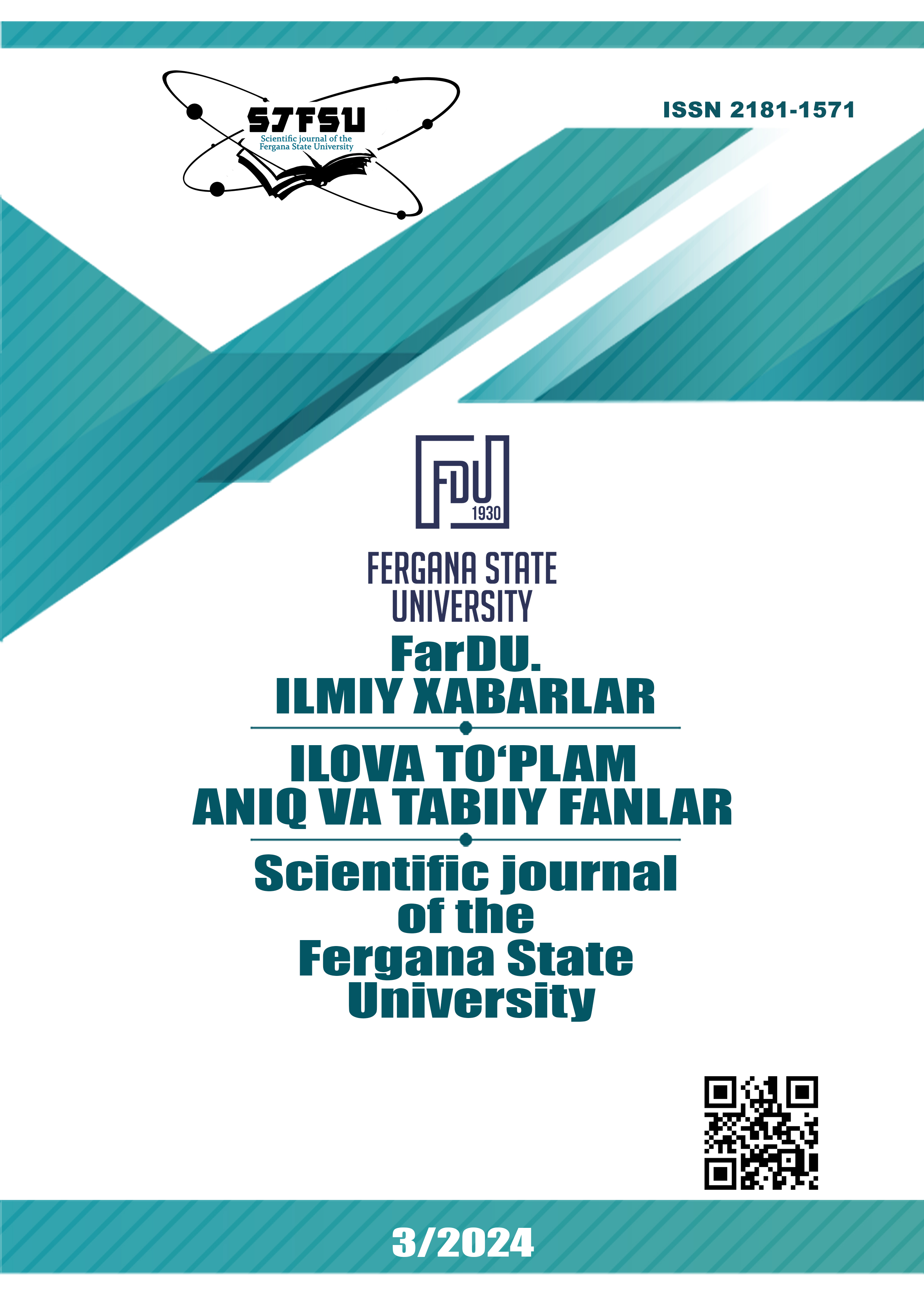THE CONCEPT OF CHILDREN'S GAMES IN THE CONTEXT OF SOCIOLINGUOCULTUROLOGY
Keywords:
sociolinguoculturology, cultural studies, sociolinguistics, cultural traditions, sociology, childhood, society, svilization.Abstract
The term sociolinguoculturology and the information about its interconnected fields have been explained in the article. In addition, the scientists opinions who worked in this field were presented. The fact that children's games are connected with the cultural environment has been shown in the research strategy. Anthropological studies of games are closely related to cultural change, i.e., evolution, diffusion, or survival, and to other aspects of culture, such as child-rearing practices, religion, ritual, recreation, warfare, and ecology have been shown. Also, in the article games were studied from the viewpoint of antiquarianism, evolutionism, diffusionism, functionalism, structuralism. It should be noted that familiarization and playing not only folk games, but also other nations’ games will help children to expand their imagination, at the same time increase their thinking ability, their interest in knowing the world.
References
Aries Philippe / Centuries of Childhood // – Harmondsworth, 1973.
Falsafa qomusiy lug‘at. Tuzuvchi va mas’ul muharrir Q.Nazarov. – Toshkent: Sharq, 2004. – 230 b.
Gardner Beatrice and Gardner Allon. / Teaching sign to a shimpause // Science, 1969. – 165 b.
Giddens A. / Sociology // – Toshkent: Sharq, 2002. – 52 b.
Linden Apes / Men and Language // – Harmonelswort, 1976.
Murdock George Peter. / The Counmoh Denominator of Cultures // in: Raph Linton (ed). – New York, 1945.
Oswall Windell Hilmann. / Other peoples, other customs: World ethograpy and its history // – New York, 1972.
Safarov O. / O’zbek xalq bolalar o’yinlari // – Toshkent: Sharq, 2013. – 175 b.
Suransky Valerie P. / The erosion of Childhood // – Chicago, 1982.
Winn Marie. / Children without Childhood // – New York, 1983.
Виноградов Г. / Детский народный календар // Сибирская живая страна. Этногр. Сборникю Вип. II. – Иркутск, 1929. – С. 59-60.
Downloads
Published
Issue
Section
License
Copyright (c) 2024 Scientific journal of the Fergana State University

This work is licensed under a Creative Commons Attribution-NonCommercial-NoDerivatives 4.0 International License.
How to Cite
Most read articles by the same author(s)
- , , ADEQUACY AND THE NONLINEAR AND LINGUISTIC FACTORS THAT PROVIDE IT , Scientific journal of the Fergana State University: No. 3 (2024): Scientific journal of the Fergana State University (Social humanities sciences)
- , SCIENTIFIC AND THEORETICAL APPROACHES TO THE TYPES OF DYSTOPIAN NOVELS IN THE WORLD LITERATURE , Scientific journal of the Fergana State University: No. 2 (2023): Scientific journal of the Fergana State University (Social humanities sciences)
- , FORMATION OF SPECIAL COMPETENCIES OF FUTURE TECHNOLOGICAL EDUCATION TEACHERS ON THE BASIS OF AN INTEGRATIVE APPROACH AS A PEDAGOGICAL PROBLEM , Scientific journal of the Fergana State University: No. 6 (2023): FarDU ilmiy xabarlari jurnali (Ijtimoy gumanitar fanlar)
- , CONTEMPORARY SOCIAL SCIENCES CONTEXT IN DYSLEXIA RESEARCH , Scientific journal of the Fergana State University: No. 3 (2024): Scientific journal of the Fergana State University. Application set (Social humanities sciences)
- Hojikarimova Gulasal Tadjialiyevna, BO‘LAJAK TEXNOLOGIK TA’LIM O‘QITUVCHILARINING MAXSUS KOMPETENSIYALARINI SHAKLLANTIRISHDA MUSTAQIL TA’LIMNI TASHKIL ETISH , Scientific journal of the Fergana State University: No. 5 (2025): FarDU. Ilmiy xabarlar jurnali (PEDAGOGIKA)

